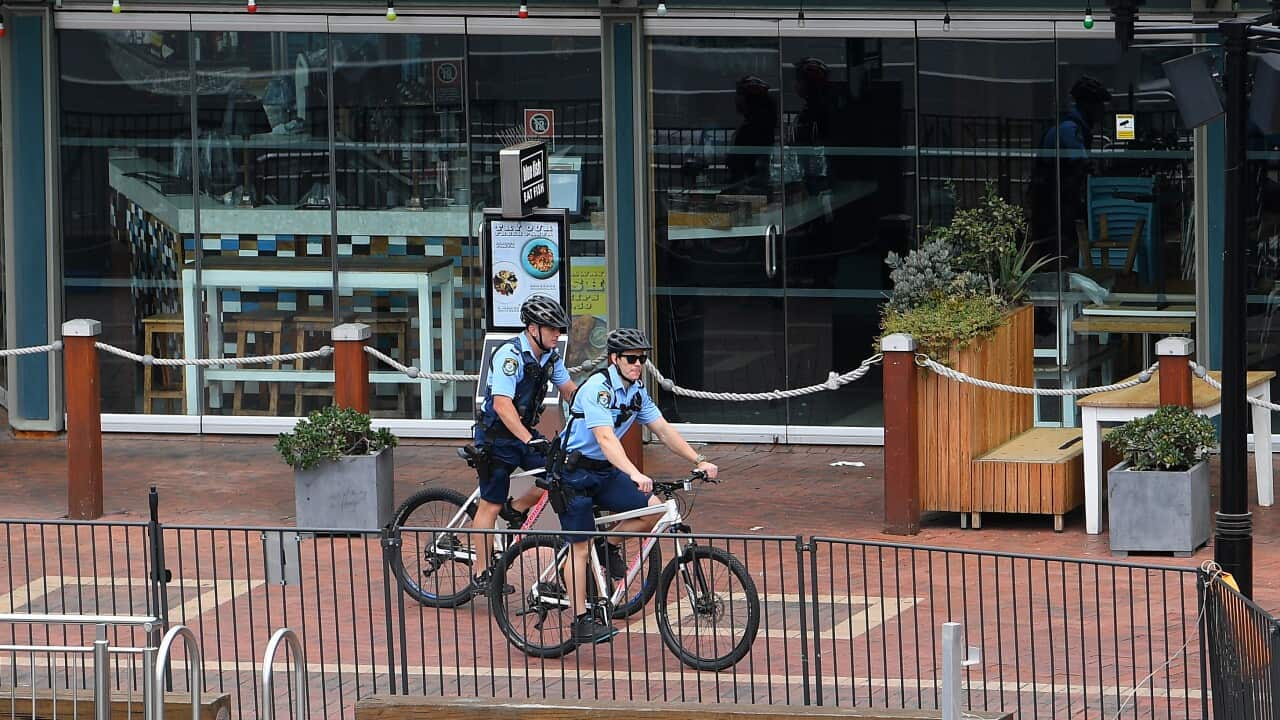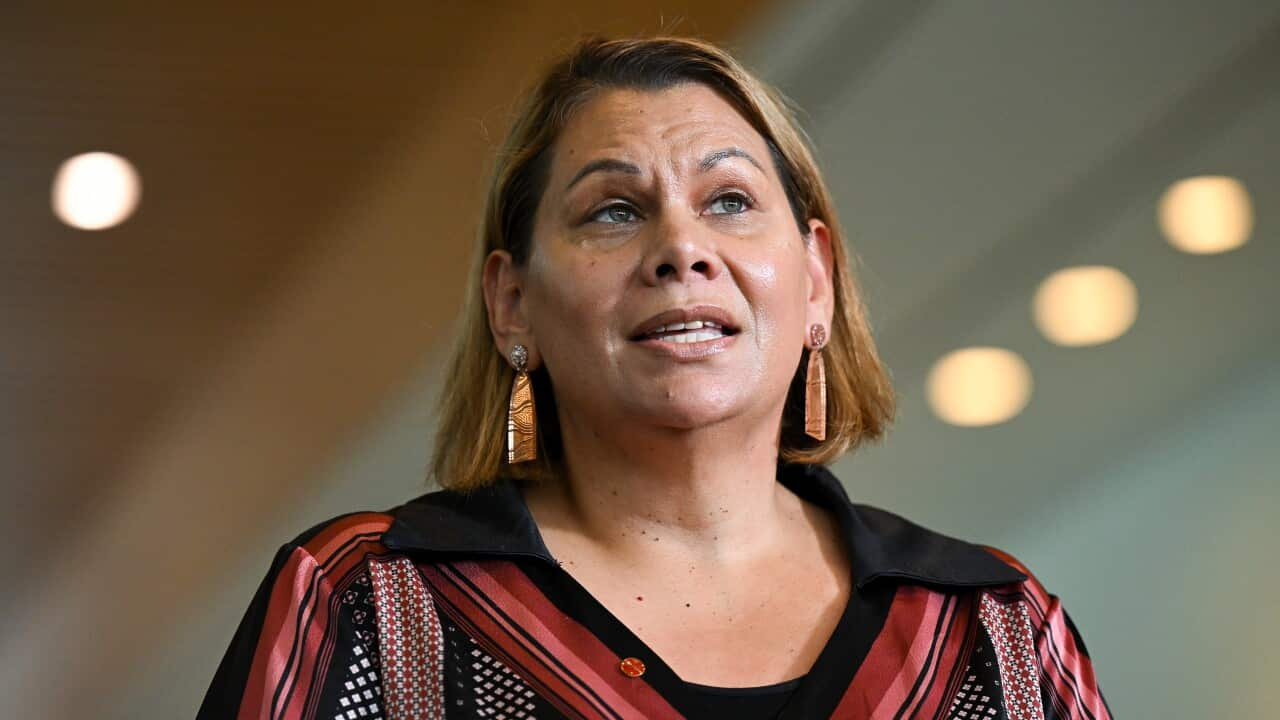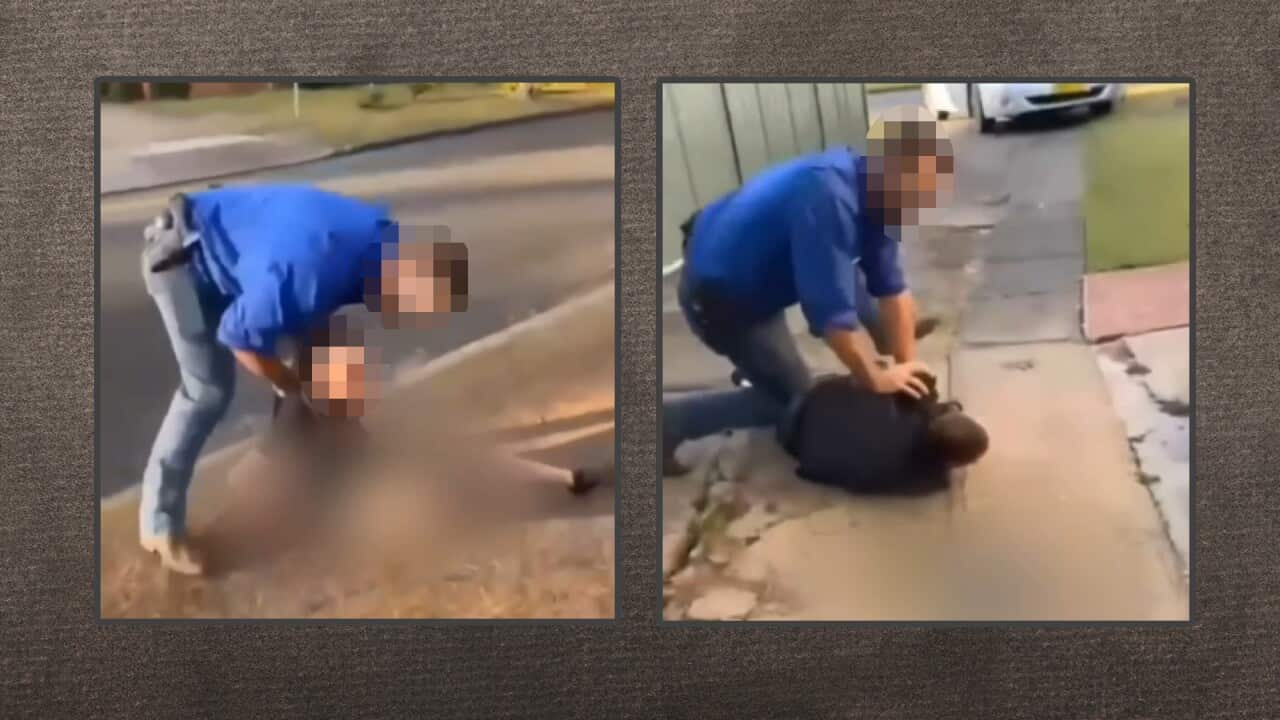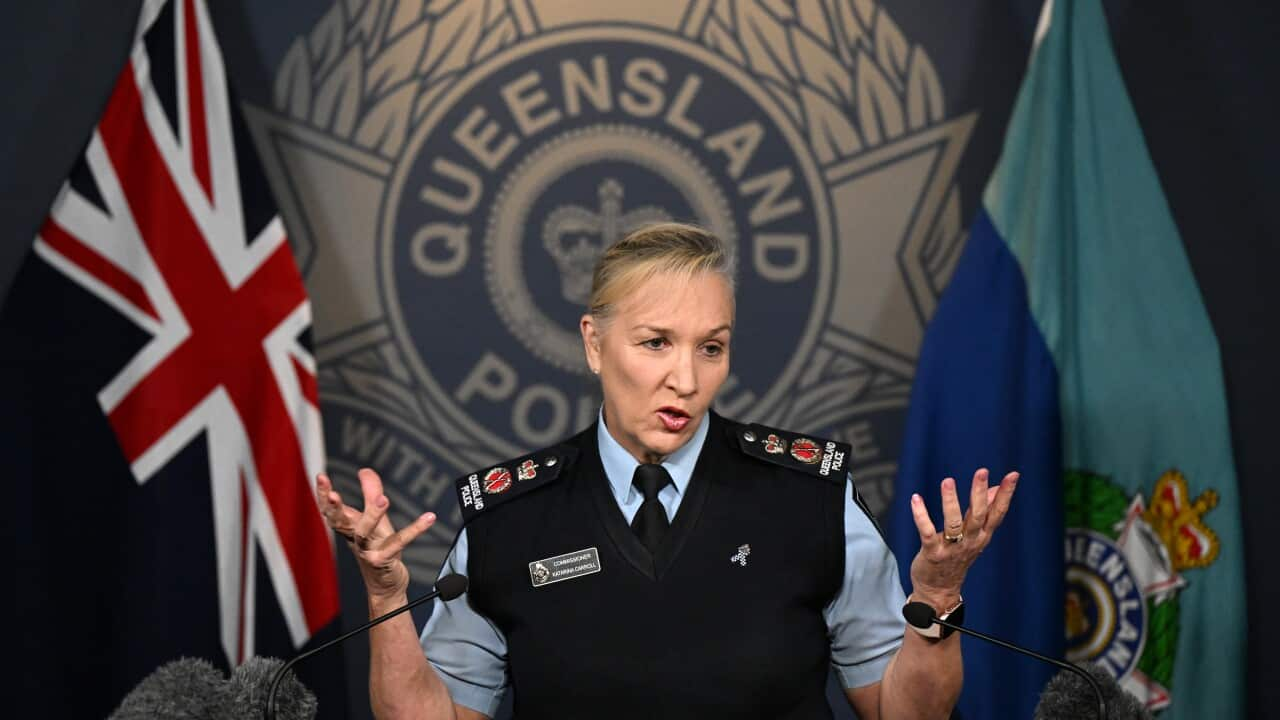An intensive police program that overwhelmingly targets young Indigenous people and overuses intrusive tactics will no longer apply to juveniles, following a scathing audit.
The Suspect Target Management Plan (STMP) is a New South Wales Police Force initiative designed to reduce crime among "high risk" individuals. It has been in operation since February 2002.
However, the state's police watchdog has found officers unreasonably and sometimes unlawfully monitored children, searching some more than once a day.
Commission finds a systemic pattern
The Law Enforcement Conduct Commission report released on Monday follows findings in recent years that NSW Police had been unlawfully strip-searching juveniles and were failing to use anti-terrorism powers correctly.
The NSW Police suspect targeting program had already been modified after the commission in 2020 highlighted patterns of targeting that "had the insignia of being unreasonable, unjust, or oppressive".
But "disappointingly", the commission found little had changed in the way police used the program on young people.
Some police records lacked detail about the legal basis for interactions and other records suggested police acted unlawfully.
A specific program targeting a juvenile offender with an acquired brain injury was solely focused on disruptive tactics, including an instruction to search the boy whenever seen by police.
Officers following that "clearly unreasonable" instruction would have likely been acting unlawfully, the watchdog noted.
Police visited, stopped, arrested or otherwise interacted with the boy 110 times in a year and searched him 31 times over 26 months, including twice a day on four occasions.
While police recorded mention of the boy's brain injury and how it made him forgetful, it took another 10 months to make recommendations that impairment be taken into account.
"(This case) shows that police did not modify their interactions with this young person, even with knowledge of his complex needs," the report said.
Under both iterations of the program, the commission found a systemic pattern of disproportionately high representation of young Indigenous people selected for targeting.
Police also failed to conduct rigorous evidence-based evaluations to assess the success, or otherwise, of the use of the program on an individual.
Program ditched
In the face of the watchdog proposing a finding of agency maladministration, NSW Police Force ended the program with juveniles.
"The Commission acknowledges that effective policing of young people is a complex community concern and relies on specialised and specific responses," it said.
"The Commission's investigation into the application of (the program) on children and young people showed that (the program) was not the answer."
David Elliott said a program to stop recidivists was "a world-leading crime prevention initiative". The program has previously been criticised by Australian Lawyers for Human Rights for punishing people based on the assumption they may one day commit a crime.
But it was defended by then-police minister David Elliott in 2020 after data suggested the likelihood of some crimes, particularly by juveniles and domestic violence offenders, fell in the first year a person was targeted put on the program.
"The results are outstanding and certainly place the Suspect Target Management Plan program as a world leading crime prevention initiative," Mr Elliott said at the time.
NSW Police said it was committed to continued improvement and was engaging with at-risk youth in line with its three-year youth strategy.
An "enhanced process" was currently being developed to replace the surveillance program for adult targets, a police spokeswoman told AAP.
13YARN 13 92 76
Aboriginal Counselling Services 0410 539 905
1800 RESPECT (1800 737 732)
Lifeline 13 11 14














